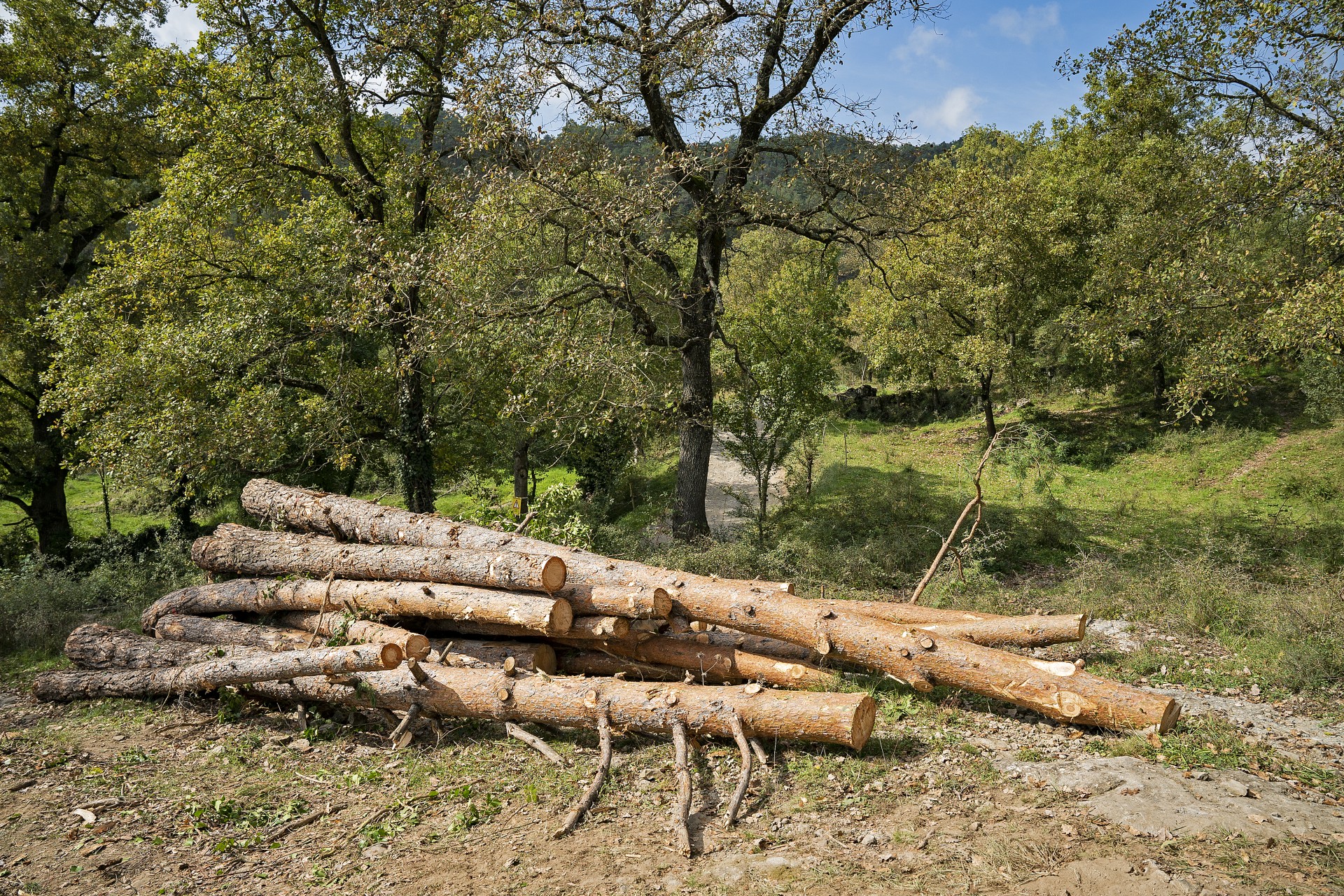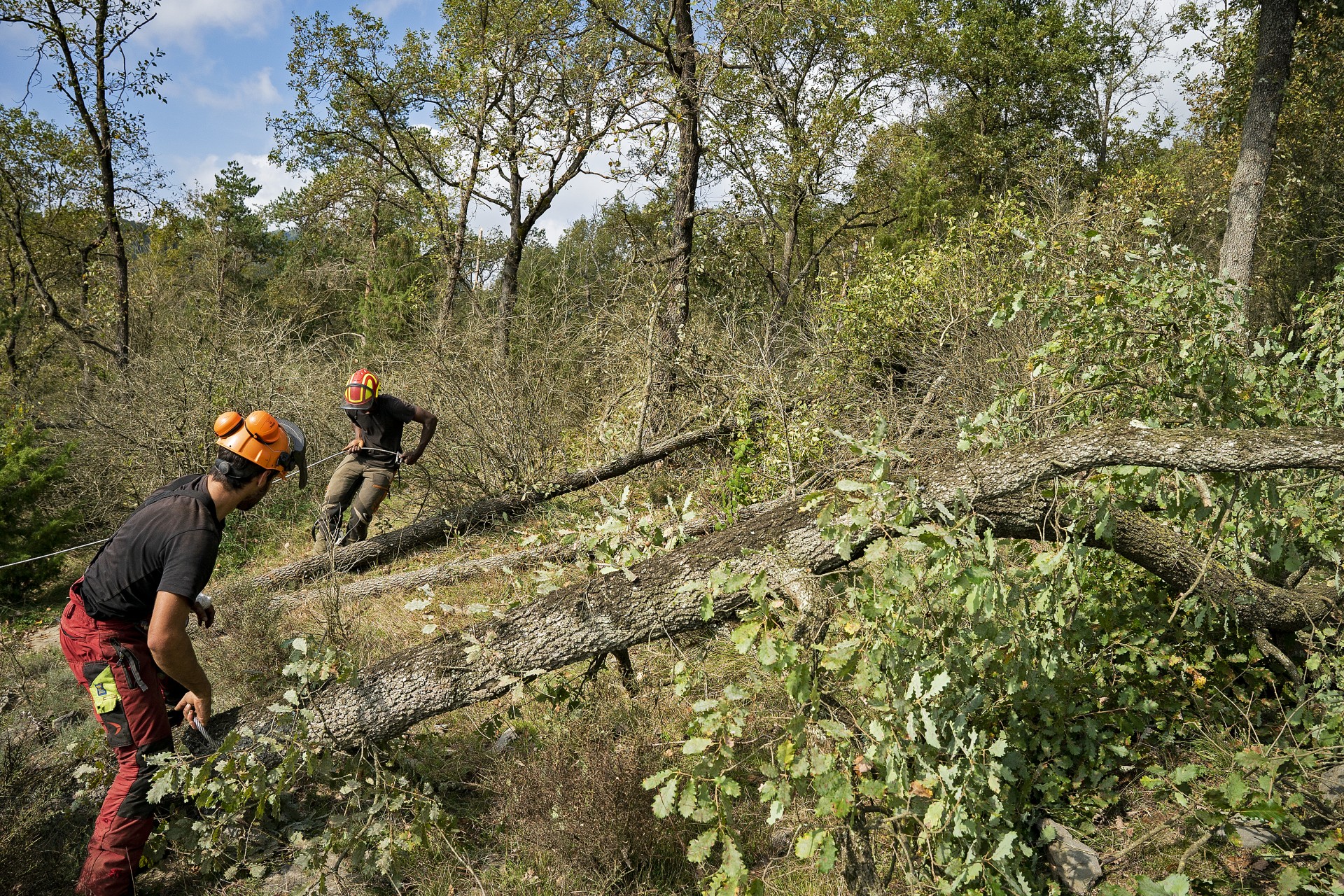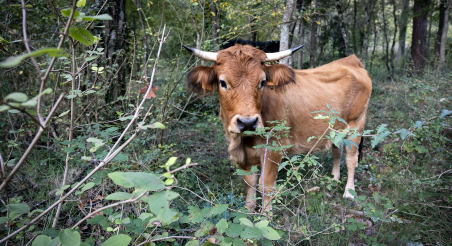The Barcelona Provincial Council has initiated forest management and the restoration of old pastures in Priority Management Areas (AGP) to prevent forest fires. The plan involves carrying out activities on 160 hectares of land across fourteen farms in Berguedà, Moianès, and Osona. This initiative is part of the BCN Smart Rural strategy and has a budget of 270,000 euros.
The primary goal of the project is to disrupt the continuity of the forest by reviving old pastures. The objective is to bring back a mixed landscape of agriculture and forestry that can help decrease the buildup of vegetation and enable livestock to access the forest for grazing. This will help break the connection between the undergrowth and the treetops.
The planned interventions include weeding, pasture recovery, pruning selected trees, clearing specific bushes, and tasks aimed at conserving and improving biodiversity. For example, some dead logs will be left standing, and nests will be respected.
Strategic forest planning
The province of Barcelona has 514,053 hectares of forests, which represents 66.8% of the total territory. This area is increasing every year, mainly due to the abandonment of agricultural fields, which are being taken over by trees and uncontrolled bushes. With the significant amount of forests in the territory and the reality of global warming, the risk of large forest fires is high. This is a major concern for the Barcelona Provincial Council. As part of the BCN Smart Rural strategy, the council has taken steps to protect the territory's forests, recover old pastures, and improve biodiversity.
As explained by Sònia Callau, head of the Territorial Directorate of Agriculture at Barcelona Provincial Council, "Now, more than ever, strategic forest planning is essential to prevent fires. This involves equipping the landscape with elements that make it more resistant and resilient to fire." On the one hand, "We must protect the agroforestry mosaic through the creation and maintenance of open spaces, recovering pastures that had been lost, reducing the fuel load in the unmanaged forest masses, and encouraging the diversity of species." On the other hand, we need to "revitalize extensive livestock farming, through the reintroduction of herds in the forest and the promotion of the meat produced in a sustainable way that is committed to animal welfare," adds Callau.
— BCN Smart Rural Editorial —




